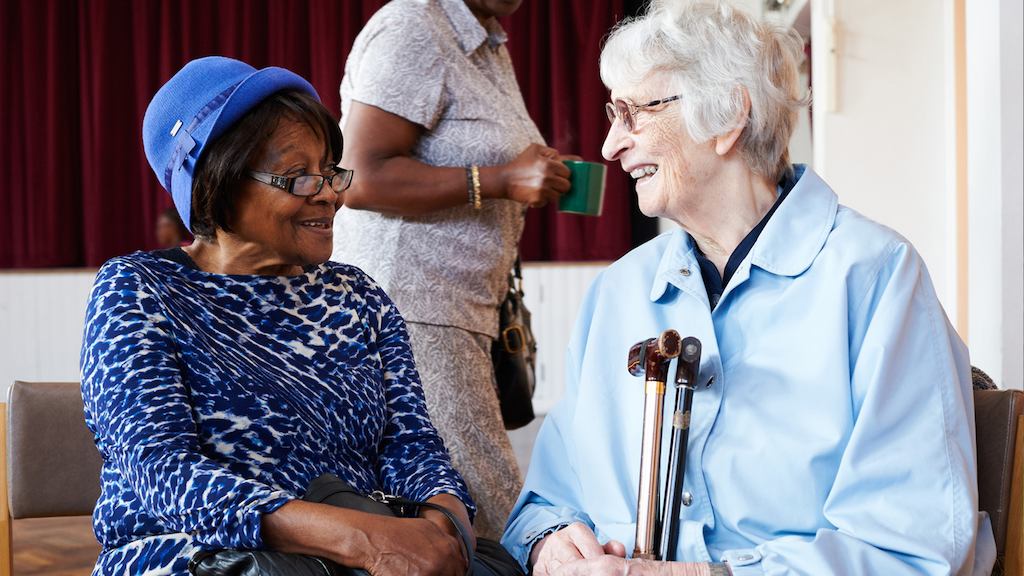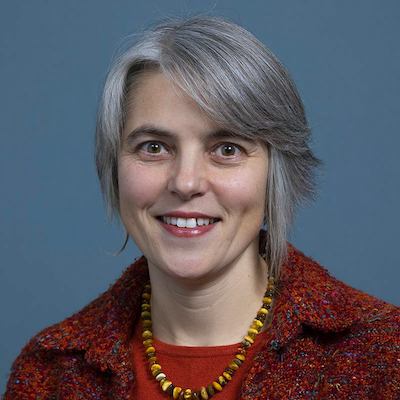Fifty years ago, Neil Armstrong took a ‘small step’ that marked a new era in the history of humanity, as the USA put a man on the moon for the first time. That step was the result of an unprecedented mobilisation of government resources, businesses, civilian and military scientists and engineers, spurred on by Cold War rivalry in pursuit of what had seemed, just a few short years before, an utterly fantastic goal.
That series of events, and its iconic result, are often held up as an example of what’s possible when a country’s economy and society are geared full-throttle towards a common goal. And there is no shortage of challenges today which require mobilisation on that scale.
From climate change to widening inequalities, we face an array of pressing issues which demand nothing less than a moon-landing scale response. Often dangerously overlooked among these is the colossal demographic shift which is set to radically transform the UK’s economy and society in the years to come. A baby boy born in 1916 in England could have expected to live to about 58. A baby boy born in 2016 can expect to see his 90th birthday. Since 2017, for the first time in history, there have been more people aged 60 and over than there are aged 19 and below.
If we are to make the most of our longer lives it vital that we have good health. That’s why at the Centre for Ageing Better, we’ve set a goal that requires ambition and drive to rival the space race: by 2035, we want people to have five more years of disability-free life expectancy – and to reduce the gap in disability-free life expectancy between the richest and poorest in society. This is a goal we share with government who have set out a similar mission.
To do so, we must challenge our assumptions about the structure of our lives, from careers and retirement to education. And in their place, we need to build workplaces, homes and communities which allow everyone to enjoy these extra years of life.


